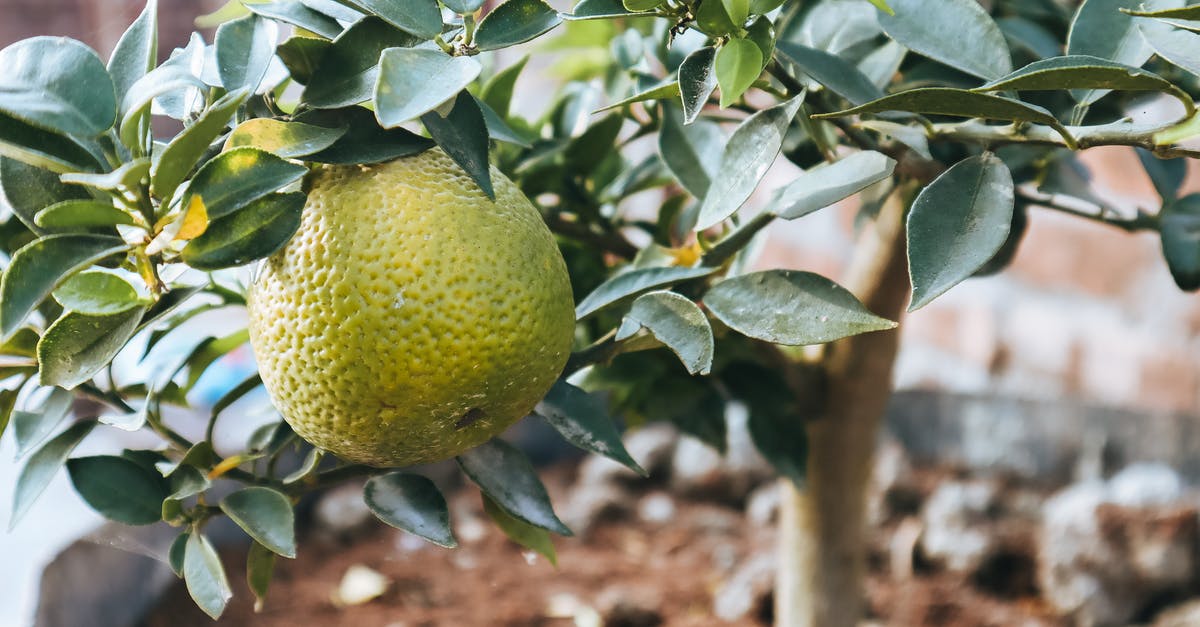What exactly is apple cider?

What exactly is apple cider?
I've been using Apple Bandit Cider for some recipes in which I needed to reduce the cider. However the Apple Bandit Cider is like a low-alcohol fresh cider/beer kind of drink. And I recently heard that this is an incorrect literal translation of the apple cider. Apparently there is a difference in what we call apple cider in the EU vs. the US.
So when using apple cider, is it best to just use an unfiltered sort of apple juice, or what is the closest description of the actual good?
Best Answer
What is apple cider?
In earlier times, it just meant "apple juice". Nobody had different words for the non-alcoholic and the alcoholic variety, because the freshly pressed (and sometimes cooked) juice fermented on its own when stored unrefrigerated.
In the days of refrigeration, there are different products made by pressing of apples, and stabilized to keep their properties when refrigerated. It just so happens that linguistically, the name "cider" has stuck for a non-fermented variant in the US and for a fermented variant outside. Besides, there are companies who have been using modern technology to approximate the fermented version without following the exact process, this is how products like the Apple bandit come into being. (There are also companies who approximate the non-alcoholic variety, but I think they market it simply as apple juice).
So the word has no single "exact" meaning. All three types are a cider.
Which one is better to use?
The answer may sound disappointing, but it is best to use the type meant by the recipe author. Ideally, the author would have known of the linguistic problem, and specified what they mean. Since the ideal case rarely happens in reality, you have to take your best guess based on what you know of the recipe source. That is, if it is an American recipe, use unfiltered apple juice, if it is European, use the alcoholic kind. Also, especially for older recipes, or ones which require much manipulation (such as your reducing step), it is preferable to use traditional-process cider. The modern style cider like Apple bandit is fine-tuned to taste good when drunk straight from the bottle, but it might behave very different from old time cider when heated.
In the end, if you have no idea where the recipe came from or who the author is, you can just start with whichever type is easiest for you to use, and see if you like the result. If yes, stay with it. If not, try with a different type.
Pictures about "What exactly is apple cider?"



Is apple cider just apples?
Apple cider is apple juice that has not been filtered and still contains all the apple pieces, pulp, and sediment. It is the raw, purer version of apple juice.Is cider just apple juice?
The official description from the Massachusetts Department of Agriculture says cider is "raw apple juice that has not undergone a filtration process to remove coarse particles of pulp or sediment." On the other hand, apple juice undergoes filtration to remove pulp and is then pasteurized to extend the shelf life.Is apple cider healthier than apple juice?
Cider contains more of apples' polyphenol compounds than clear commercial apple juice. Fresh cider from cider apples may contain from two to four times the amount of these healthful compounds compared to clear commercial apple juice because of the apple varieties used and the extra processing to make clear juice.What is apple cider made of?
The United States and parts of Canada now define apple cider as an unfiltered, unsweetened, nonalcoholic beverage made from pressed apples that still contains some pulp or sediment. Its color is more opaque than apple juice and has a shorter shelf life of about 7 to 10 days refrigerated.What Apple Cider Vinegar Really Does To Your Body
More answers regarding what exactly is apple cider?
Answer 2
My add to my understanding of cider vs. cider meaning:
The original origin of the word meant "strong drink". Some take that to mean fermented, and by some I mean most of the world except the US and Canada. Here in the US, cider meant more of strong as in a stronger taste as opposed to the clear filtered flavored water sold as apple juice. Even in the US, that was not really the case before prohibition, when cider was common alcoholic drink and applejack was a common hard spirit, but we hijacked the common meaning of the word and changed its usage at that time. And even here, that meaning is deteriorating as you can often now find products that are filtered apple juices sold as cider.
Even within fermented product, you will have wide variance. In the US, there are tax implications for going over certain percentages of alcohol, so the hard ciders tend to be limited. Also in the US traditionally common culinary apples were used to make hard ciders. That is not the case most other places, with some countries required that only specific cultivars are used. These apples often are ones that are so acidic or astringent that most would find them inedible raw. They are grown strictly for cider. The quality of the fermented product is anywhere from a cheap back shelf beer to a high quality sparkling wine depending of the method used and the qualities of the apples. In the US without the strict naming and ingredient laws of some countries, France coming to mind immediately, it even allows for things like ales made from fermented grains to be flavored with a little bit of apple juice or even artificial apple flavor, and then sold as a cider. As a fan of quality ciders, including attempting to get my own orchard with old French, American, English and Irish varieties going, I am not a fan of the entire image of the product being cheapened by this being permitted.
The book authors are doing you a disservice by not recognizing the range of what the word cider can signify. I can mostly only back up the general statement of others to go by where the author is and their probable audience. If from France they would likely mean a more wine like product. In the UK, a pub style fermented drink. From the US, an unfiltered fresh juice with particulate and usually a darker brown color. It is a careless, but common and unfortunate type mistake by food/drink authors, such as US authors using wet measure for dry ingredients and not differentiating between spoon sizes because they assume a US audience. In this case, it is especially important to differentiate though because you are talking about a product that might be flat, lightly carbonated, heavily carbonated, fresh juice, light fermentation, or up well over 10% alcohol. Those all cook, taste, and mix very differently and potentially violate religious and cultural rules.
I personally tried for years to use the French spelling of cidre to mean hard cider to differentiate, but it just confused people more in the US. The few that understood somewhat thought I meant they needed to go and find a good French cidre.
Answer 3
While the American meaning is a cloudy juice, in the UK Apple Cider is used as branding on cheap alcoholic products based on but not entirely made from fermented apple juice - the ingredients on the product I've linked say "Cider with added sugars and sweetener". These are clear and sparkling, so if you're following an American recipe calling for apple cider, the UK product under the same name won't be a good substitute.
Answer 4
Acording to Wikipedia:
Apple cider (also called sweet cider or soft cider or simply cider) is the name used in the United States and parts of Canada for an unfiltered, unsweetened, non-alcoholic beverage made from apples. Though typically referred to simply as "cider" in those areas, it is not to be confused with the alcoholic beverage known as cider in other places, which is called "hard cider" in the US and Canada.
It is the liquid extracted from an apple and all its components, that is then boiled to concentration. The liquid can be extracted from the apple itself, the apple core, the trimmings from apples, or apple culls.
Answer 5
The date of the recipe is very important on this matter. Historically the word "cider" referred to a fermented beverage [1], whereas "sweet cider" [1] referred to the unfermented fresh product produced at the time of pressing apples. Contemporary usage of the term "apple cider" (at least in the US) refers to freshly pressed juice that has been refrigerated and not allowed to ferment [2].
[1] https://en.wikipedia.org/wiki/Cider [2] https://en.wikipedia.org/wiki/Apple_cider
Answer 6
My experience with apple cider and apple juice is from the US in the 1980's to now.
Apple cider was generally served warmed/"hot" and with extra spices in it, such as cinnamon, a little sugar, and maybe a few other things. It was basically a liquid form of apple pie, apple crisp, or apple cobbler. It was sometimes served cold and without the extra spices, but in my experience not as often. Apple juice is almost always served cold and generally didn't have anything added before drinking.
Cider is/was non-alcoholic, as mentioned as in other answers, so I drank it as a kid. Usually, this was during fall or winter (being a warm drink) and used to warm up after being outside for a long period. It was also cloudy to the point of nearly being opaque in the center of a large bowl or jug. Apple juice would be clear and used to cool off in the summer.
As others mentioned, the alcoholic version is usually prefaced with the word "hard", so a hard apple cider would have the same alcoholic content, by volume, as a standard beer.
Sources: Stack Exchange - This article follows the attribution requirements of Stack Exchange and is licensed under CC BY-SA 3.0.
Images: Leah Kelley, Top 5 Way, Designecologist, Tracy Le Blanc
